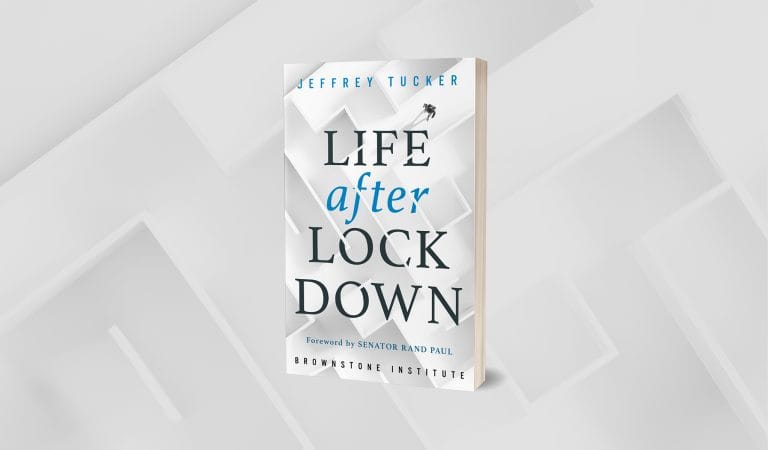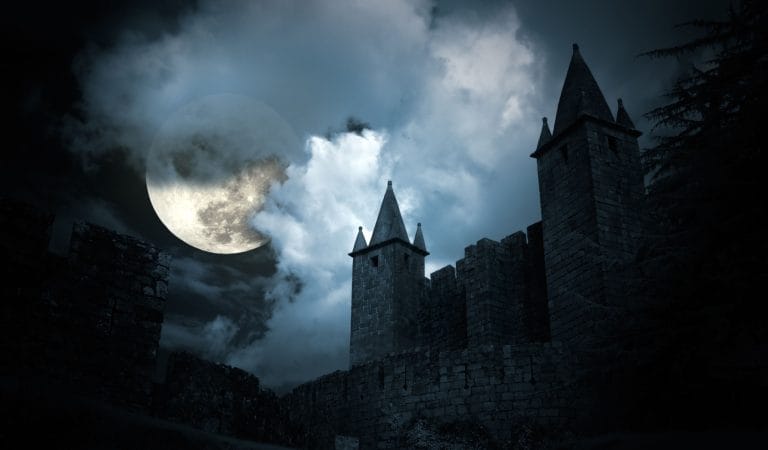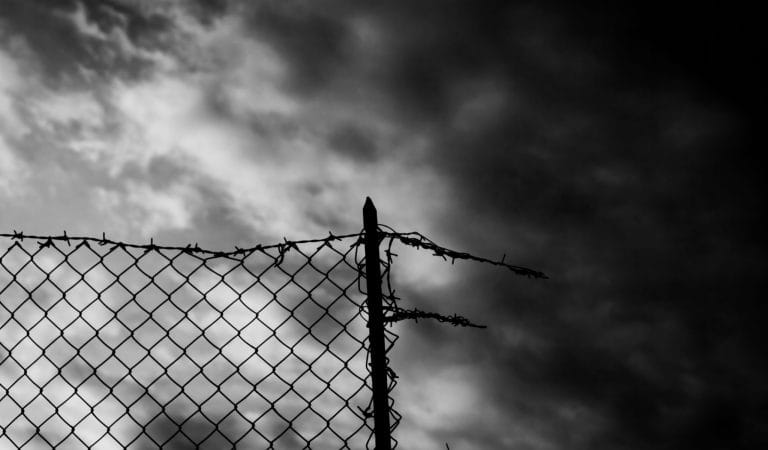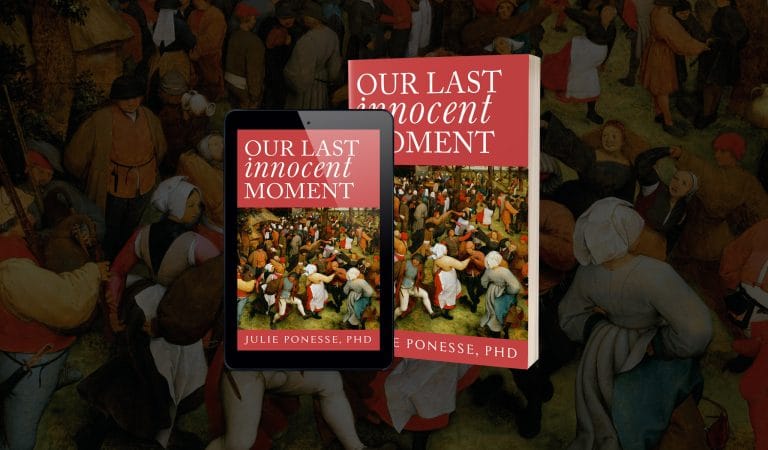A Vision for a New Liberalism
We call on you to join us. Become mentors, teachers, or sponsors of novacad.org or scienceandfreedom.org. Better yet, set up your own communities and organisations for those you care about. We need to start building the future we want for those we love, and stop indulging in the fantasy that the West will magically come to its senses if only we press the like button for the right articles often enough on social media and badmouth Bill Gates at enough dinner parties. A better future for our children is worth fighting for, and it is ours to build.
A Vision for a New Liberalism Read Journal Article











